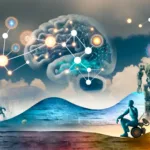ChatGPT, a product of OpenAI. Is Using ChatGPT Cheating, is the popular question by asked most users. However, its usage has sparked controversy about the ethics of using AI to generate content, with some arguing it’s akin to cheating. This post aims to delve into the ethical considerations surrounding AI content creation, the concept of “cheating” in this context, and how to responsibly utilize ChatGPT.
Understanding ChatGPT
OpenAI’s ChatGPT is a sophisticated language model chatbot, adept at generating human-like text, translating languages, and providing answers to queries. It has been trained on an extensive set of text and code data, enabling it to understand and mimic human language patterns.
How does ChatGPT work?
ChatGPT works by comprehending your request first. Then, using its world knowledge, it produces a suitable response which can be text, code, or an audio recording.
Is it Cheating to Use ChatGPT?
The question of whether using ChatGPT equates to cheating doesn’t have a straightforward answer. Some argue that AI content generation is simply an evolved form of writing, while others believe it provides an unjust edge and therefore can be labeled as cheating.
Analyzing the Idea of ‘Cheating’ in Relation to AI
Typically, “cheating” implies obtaining an unfair advantage. However, with AI, defining an “unfair advantage” isn’t always easy. If someone uses ChatGPT to write a school essay, for example, is that cheating? It’s essential to consider both the intent behind the content creation and the specific rules governing the task or competition. If the content is for educational use, or the rules strictly forbid AI usage, employing ChatGPT could be seen as cheating.
Ethical Considerations in AI Content Generation
AI content generation raises a few ethical questions including:
- Authenticity: Distinguishing AI-generated content from human-created content can be challenging, questioning the content’s genuineness.
- Plagiarism: AI might replicate content from other sources, leading to questions about the content’s originality.
- Bias: The data sets used to train AI models might have inherent biases, potentially resulting in biased AI-created content.
Ethical Use of ChatGPT
To ethically utilize ChatGPT:
- Be Transparent: Always disclose the use of AI in content creation and include a link to the ChatGPT website.
- Educational Use: If AI is used for educational content, ensure it’s applied in a manner that enhances learning without providing undue advantages.
- Respectful Usage: Ensure that AI usage respects others and avoids generating harmful or offensive content.
AI’s Impact on Authenticity and Plagiarism
AI’s emergence has introduced new concerns about authenticity and plagiarism. Given that AI-created content can closely resemble human-written content, assessing its originality can be problematic. Moreover, training AI on biased data sets can lead to biased AI content.
Developing Ethical Guidelines for AI in Content Creation
As AI plays an increasingly prominent role in content creation, we must establish ethical guidelines. These guidelines should address authenticity, plagiarism, and bias concerns, ensuring AI is used respectfully.
Conclusion
Using AI to create content is a complex issue with ethical and practical implications. It’s crucial to be cognizant of these factors and use AI responsibly and ethically.
FAQs: Is Using ChatGPT Cheating
Is using ChatGPT considered as cheating?
Whether using ChatGPT is cheating depends on the context, the intent behind the use, and specific rules governing the task or competition.
What ethical considerations arise from AI content generation?
AI content generation raises questions of authenticity, plagiarism, and bias due to potential issues in distinguishing AI content, content replication, and bias in training data sets.
How can one use ChatGPT ethically?
Ethical usage of ChatGPT involves transparency in AI use, ensuring it enhances learning in an educational context, and avoiding generating harmful or offensive content.
How does AI impact authenticity and plagiarism?
AI introduces new concerns about authenticity and plagiarism as AI-created content can closely resemble human-written content and its originality can be difficult to assess.
What is the importance of ethical guidelines in AI content creation?
Ethical guidelines are essential to address authenticity, plagiarism, and bias concerns, ensuring AI is used respectfully and responsibly in content creation.
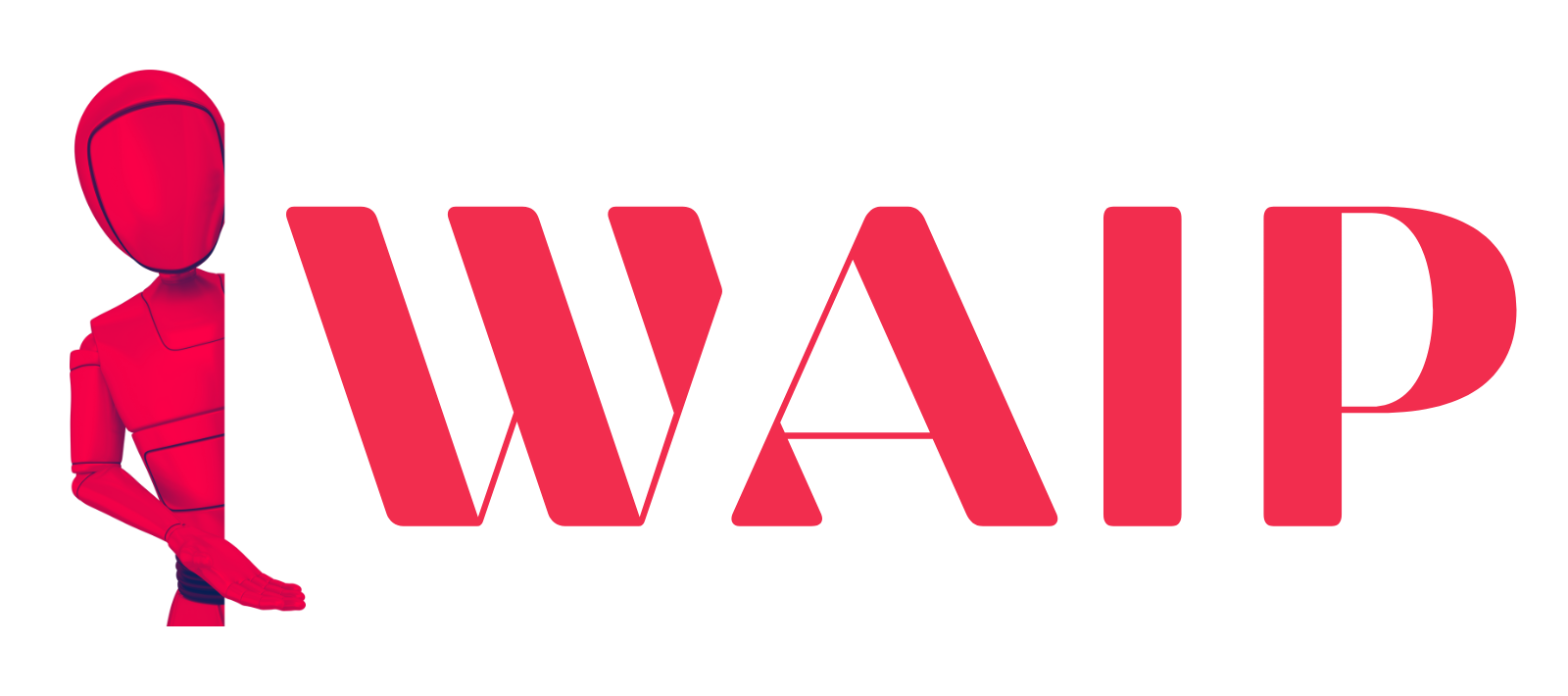
![Best Mobile Games Your Should Try in 2024 [Trending Now] 2 Best Mobile Games](https://wideaiprompts.com/wp-content/uploads/2024/03/Best-Mobile-Games-330x220.webp)
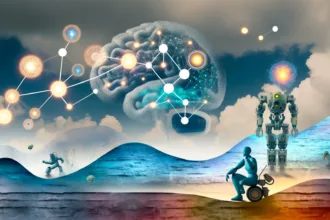
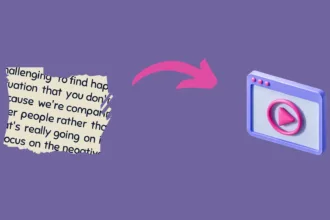
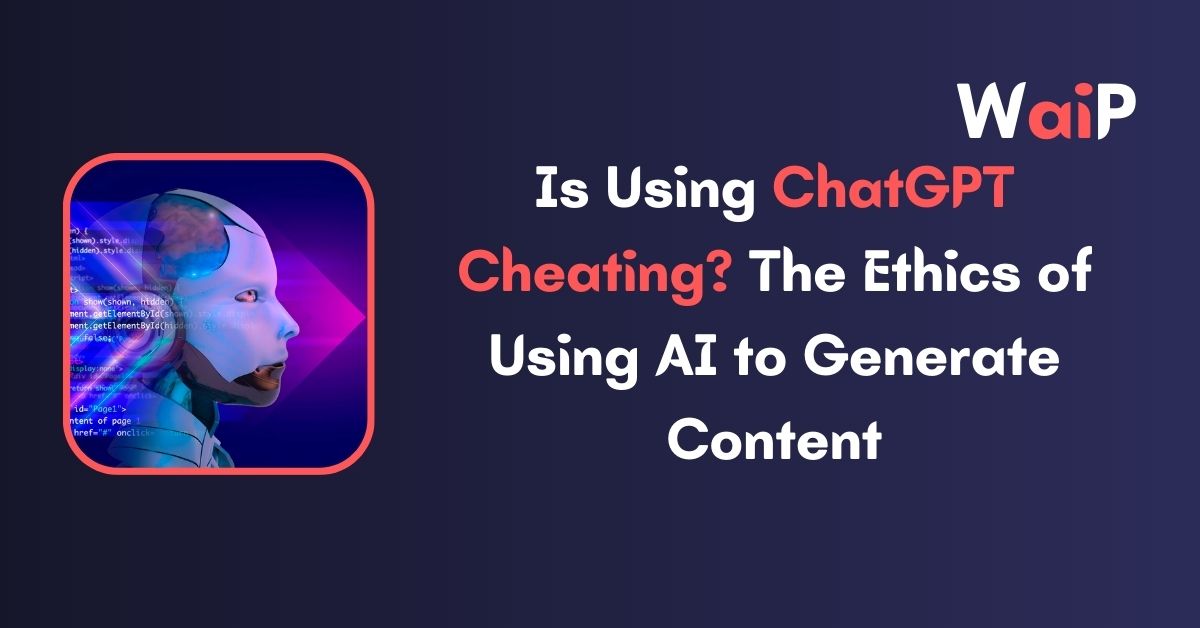
![Best Mobile Games Your Should Try in 2024 [Trending Now] 9 Best Mobile Games](https://wideaiprompts.com/wp-content/uploads/2024/03/Best-Mobile-Games-150x150.webp)
